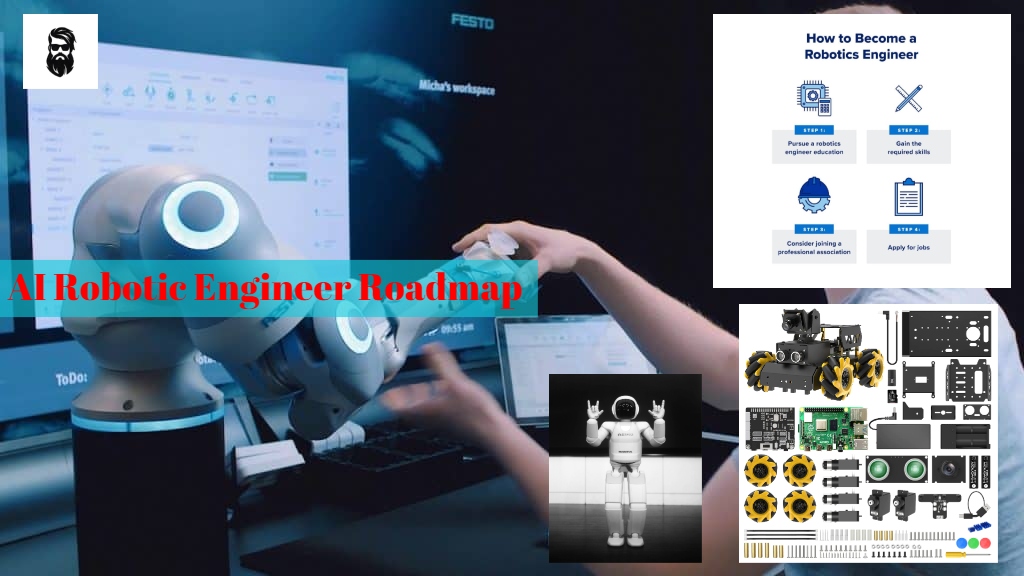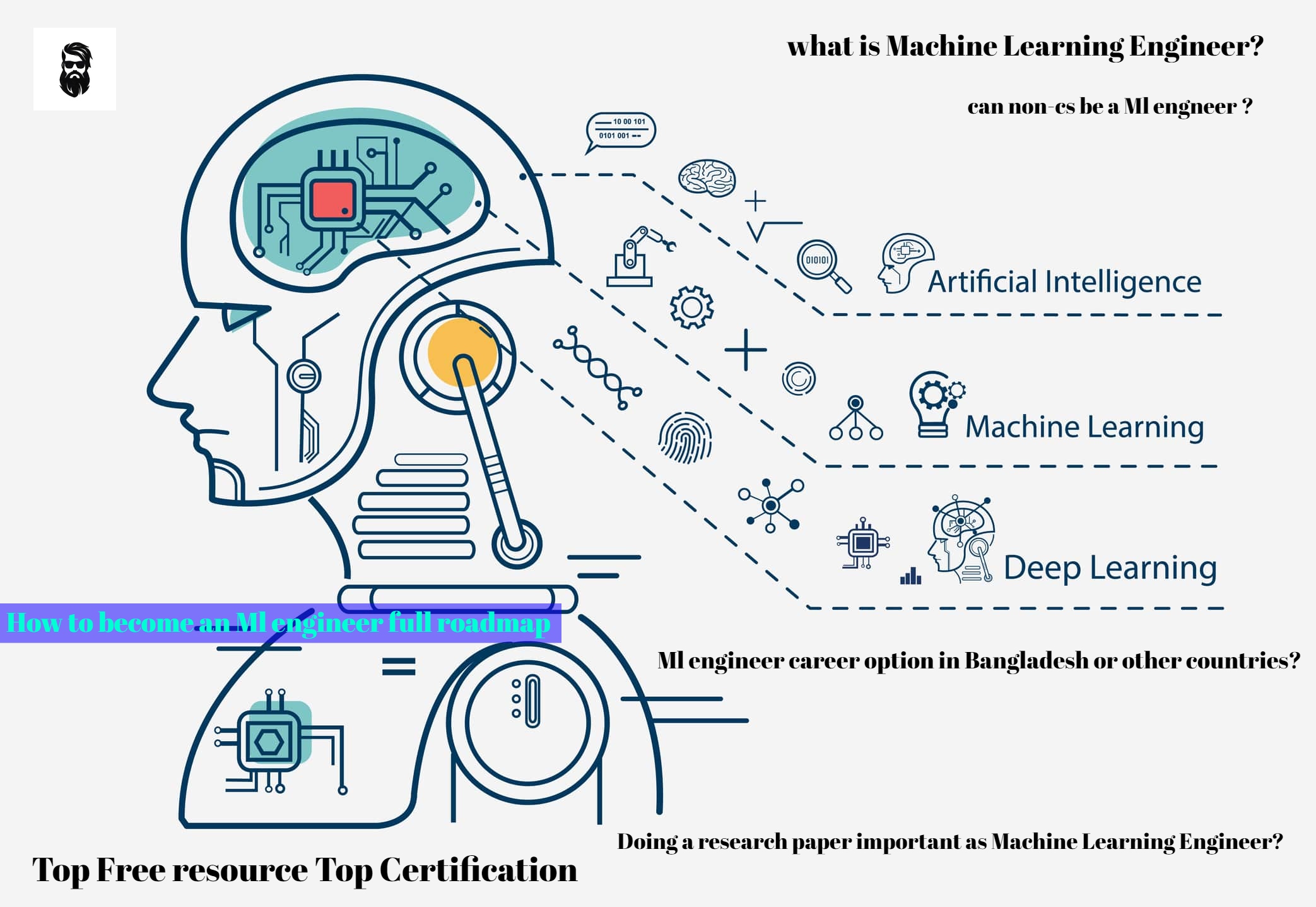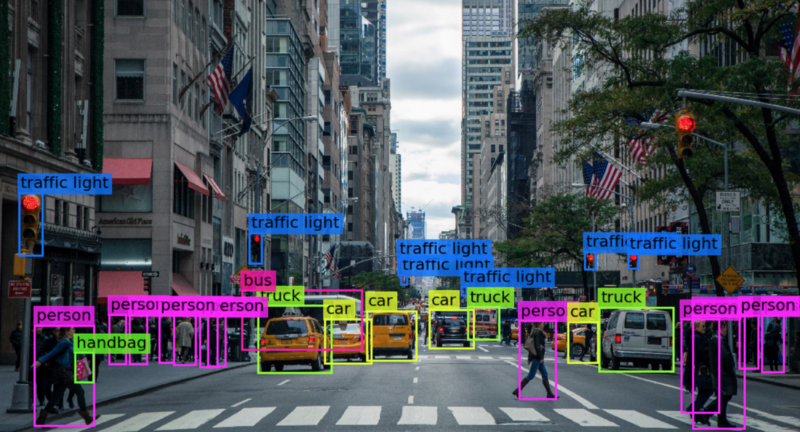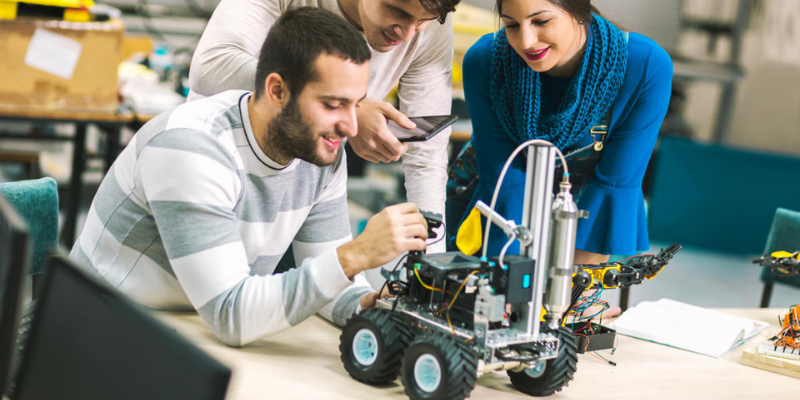How to be AI Robotics Engineer
An AI Robotics Engineer is a professional who is responsible for designing, developing, and maintaining intelligent robotic systems. These systems use Artificial Intelligence (AI) to learn from their environment and adapt their behavior accordingly. AI Robotics Engineers work with a variety of robotic systems, including autonomous vehicles, drones, and industrial robots, to make them more efficient, effective, and safe.
why should we have to learn AI Robotics Engineer?
There are several reasons why learning AI Robotics Engineering can be valuable:
Increasing demand for AI Robotics engineers: The demand for AI Robotics engineers is growing rapidly as more companies are investing in robotics and automation. Robotics and automation are becoming more prevalent in industries like manufacturing, healthcare, and transportation.
- Innovative technology: Robotics is a field that is constantly evolving, with new technologies and innovations being developed every day. Learning AI Robotics engineering can help you stay on top of these advances and help you be at the forefront of new developments.
- Career opportunities: With the increasing demand for AI Robotics engineers, there are many career opportunities available in this field. Learning AI Robotics engineering can help you position yourself for career growth and advancement.
- Multi-disciplinary field: AI Robotics engineering is a multi-disciplinary field that combines skills from robotics, artificial intelligence, computer science, and other related fields. Learning AI Robotics engineering can help you gain a diverse skill set that can be applied in a variety of industries.
- Impactful work: Robotics has the potential to make a significant impact in many areas of our lives, such as healthcare, transportation, and manufacturing. By learning AI Robotics engineering, you can contribute to developing new solutions and technologies that can have a positive impact on society.
Overall, learning AI Robotics engineering can be a valuable investment in your career and can offer many opportunities for growth and innovation.
step-by-step roadmap to learning AI Robotics Engineer?
Here is a step-by-step roadmap to learning AI Robotics Engineering:
- Start with the basics of Robotics: To become an AI Robotics Engineer, you need to have a solid foundation in robotics. Start by learning the fundamentals of robotics, including mechanics, kinematics, and control systems.
- Learn Programming: Programming is an essential skill for any Robotics Engineer. You should learn programming languages like Python, C++, and Java, as well as software development tools like ROS (Robot Operating System).
- Study AI and Machine Learning: Understanding AI and Machine Learning is crucial for an AI Robotics Engineer. You should learn the basics of AI and Machine Learning, including Neural Networks, Deep Learning, and Reinforcement Learning.
- Learn Computer Vision: Computer Vision is the technology that enables robots to perceive and understand the world around them. You should learn about computer vision technologies like Image Processing, Object Recognition, and 3D Vision.
- Specialize in Robotics: Once you have a good understanding of the fundamentals, you can start to specialize in robotics. Learn about robotic systems, control algorithms, motion planning, and other advanced topics.
- Work on Robotics Projects: The best way to learn Robotics is by doing hands-on projects. You can start by building simple robots and then move on to more complex systems. Look for opportunities to work on Robotics projects and gain practical experience.
- Keep up with the latest trends: Robotics and AI are rapidly evolving fields, and new technologies are being developed all the time. Keep up with the latest trends by reading research papers, attending conferences, and participating in online communities.
Overall, becoming an AI Robotics Engineer requires a combination of skills, including Robotics, Programming, AI, Machine Learning, and Computer Vision. By following this step-by-step roadmap, you can gain the knowledge and practical experience needed to succeed in this exciting and rapidly evolving field.
certificates for AI Robotics Engineer?
There are several certifications that can help you demonstrate your skills and knowledge as an AI Robotics Engineer. Some of the popular certifications in this field include:
- Udacity Robotics Software Engineer Nanodegree: This program covers topics like robotics, machine learning, and AI, and offers hands-on projects to build your skills.
- NVIDIA Deep Learning Institute (DLI) Robotics Certification: This certification program provides training in robotics and deep learning, including topics like perception, planning, and control.
- Robotics Certification by IEEE: This certification program offers several tracks, including Robotics and Automation, Advanced Robotics, and Robotics Software Development.
- ROS (Robot Operating System) Certification: This certification program offers three levels of certification in ROS, including Beginner, Intermediate, and Advanced.
- Carnegie Mellon Robotics Academy Certification: This certification program offers several courses in robotics and provides a certification exam upon completion.
These certifications can help you demonstrate your skills and knowledge in Robotics, AI, Machine Learning, and related technologies. They can also be valuable for career advancement and job opportunities in the field of AI Robotics Engineering.
A free resource for AI Robotics Engineers?
There are many free resources available online for learning AI Robotics Engineering. Here are a few examples:
- OpenAI: OpenAI is an AI research laboratory consisting of the for-profit corporation OpenAI LP and its parent company, the non-profit OpenAI Inc. They offer a range of educational resources for learning about AI, including Robotics.
- ROS Tutorials: The Robot Operating System (ROS) is a popular open-source framework for robotics development. ROS tutorials offer a comprehensive guide for learning about robotics using ROS.
- Udacity Robotics: Udacity is an online learning platform that offers a range of courses in Robotics and AI. They offer a free Robotics Software Engineer course with interactive projects.
- Carnegie Mellon Robotics Academy: The Robotics Academy offers a variety of free resources including online courses and tutorials, teaching aids, and learning tools for educators, students, and hobbyists.
- MIT OpenCourseWare: MIT offers a range of free online courses on Robotics and AI, including Machine Vision, Computer Vision, and Autonomous Robot Vehicles.
- These resources offer a range of learning opportunities, including courses, tutorials, videos, and hands-on projects, and can be a great starting point for learning AI Robotics Engineering.
is AI Robotics Engineer a good career option?
AI Robotics Engineering is a growing field that offers many opportunities for a fulfilling and rewarding career. As more industries, such as manufacturing, healthcare, and transportation, look to adopt robotic automation and artificial intelligence technologies, the demand for AI Robotics Engineers is expected to continue to grow.
AI Robotics Engineers typically work in fast-paced environments, collaborating with cross-functional teams to develop and implement cutting-edge technologies. They also have the opportunity to work on a wide variety of projects, from developing autonomous vehicles to designing drones for package delivery.
In terms of salary, AI Robotics Engineers are typically well-compensated due to the high level of skills and expertise required for the job. According to Payscale, the average salary for an AI Robotics Engineer is around $100,000 per year.
Overall, AI Robotics Engineering can be an excellent career option for individuals who have a strong interest in robotics, artificial intelligence, and computer engineering, and who are interested in contributing to the development of innovative technologies that have the potential to revolutionize many industries.









